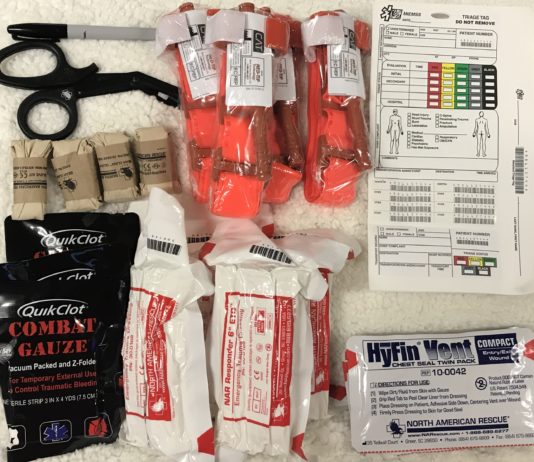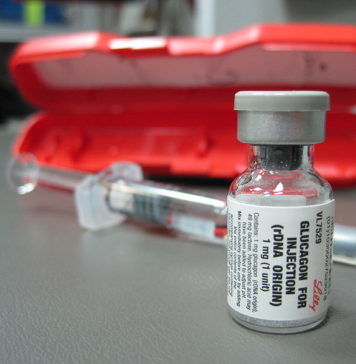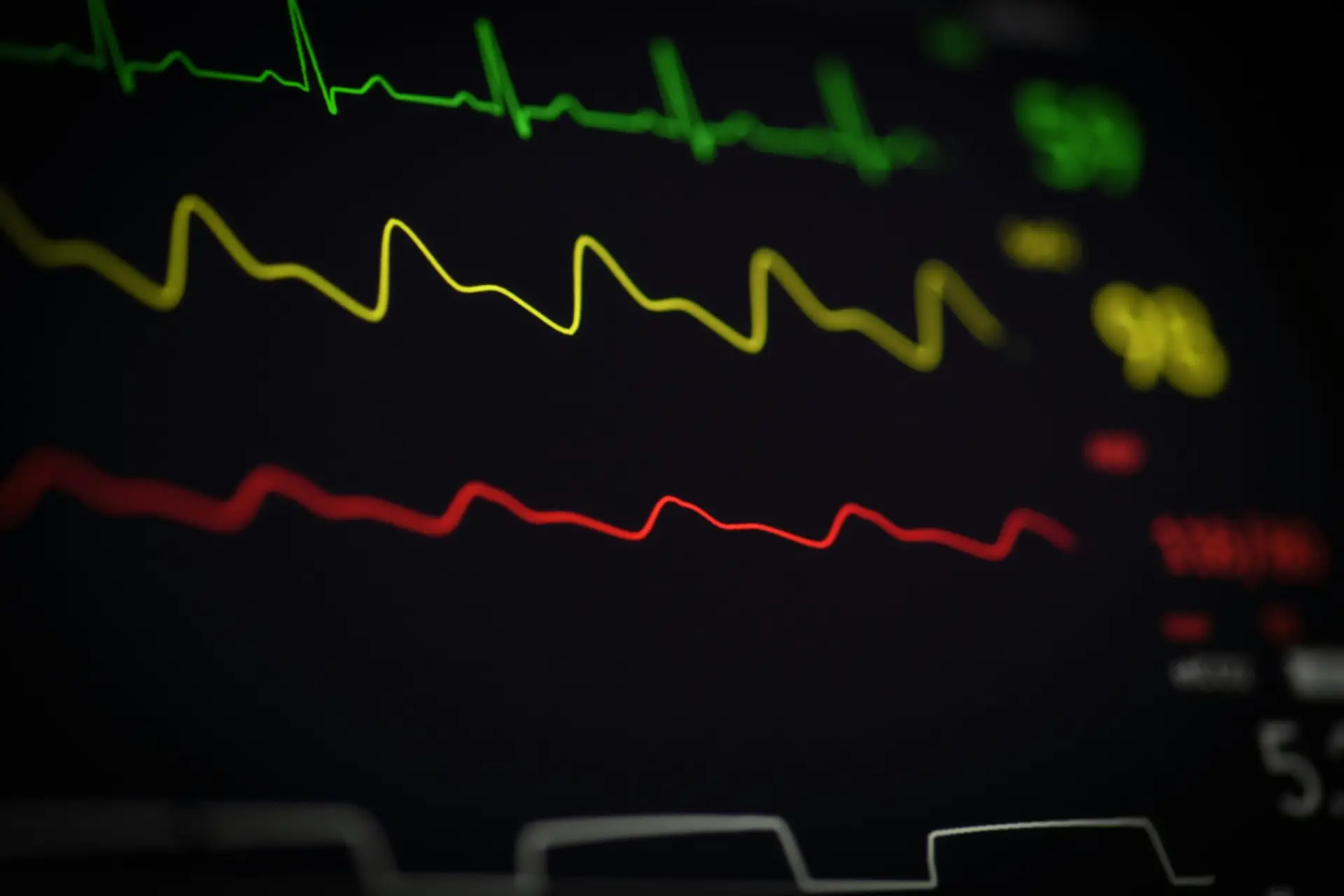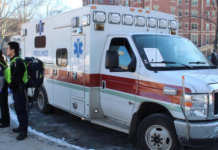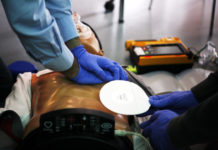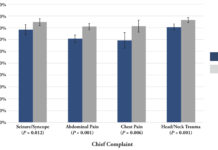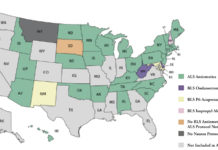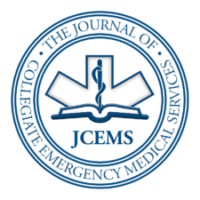Compassion Meditation to Improve Psychological Well-being Among Volunteer Collegiate Emergency Medical Technicians
Student volunteer EMS providers are often under significant mental and physical stress which may lead to provider burnout and decreased compassion malleability. The authors demonstrate the efficacy of Cognitively-Based Compassion Training on addressing these conditions.
Presumptive Diagnosis of Alcohol Intoxication as the Etiology of Altered Mental Status in Collegiate...
Altered mental status is a common emergency call at universities, and for collegiate-based EMS providers this chief complaint is frequently found secondary to alcohol intoxication. The results of this research demonstrate evidence that EMTs may presumptively attribute alcohol intoxication as the etiology of AMS, as evidenced by the underutilization of key AMS assessments.
Innovation in Collegiate Emergency Medical Services
The authors review potential uses of current and future innovations in EMS and discuss our Call for Papers for an upcoming special JCEMS edition.
Benzodiazepine & Alcohol Co-Ingestion
This clinical review discusses the relevant pharmacology, clinical presentation, and treatment of patients who have co-ingested benzodiazepines and alcohol.
Labor Trafficking and the Role of the EMS Professional
While EMS professionals have not received any training in human trafficking, they are in a unique position to identify trafficked persons, gaining a view of the patient’s out-of-hospital environment not visible to most other healthcare providers.
Establishing a Collegiate Emergency Medical Service
Ferdowsian et al. share their experience establishing a new EMS team at the Claremont Colleges.
Improvements in the Self-Efficacy of CPR Performance Following a Brief Hands-only Training Program for...
Bystander CPR has been shown to significantly improve survival from out-of-hospital cardiac arrest (OHCA), yet rates of bystander CPR remain low across the United States. This paper outlines a brief HOCPR training that was successfully implemented by a collegiate-based EMS agency.
Drug-Facilitated Sexual Assault
Clinical review of drug-facilitated sexual assault in the college environment, health effects of drugs and alcohol in facilitating sexual violence, and proper response and treatment guidelines for collegiate first responders.
Checklists Improve EMS Documentation
Alatis et al. found that a quality improvement (QI) project focused on documentation via checklists can improve the inclusion of key documentation criteria on electronic patient care reports (ePCRs) in a collegiate-based EMS system.
Prehospital Antiemetic Therapy in Campus-Based EMS Services
Chuck et al. conducted a cross-sectional analysis of publicly available statewide emergency medical services (EMS) protocols in August 2019 examining the presence of antiemetic therapies at each provider level.


